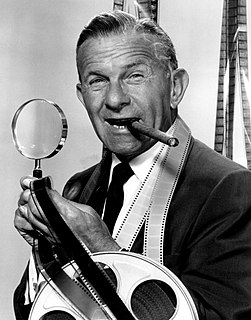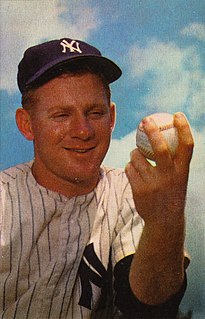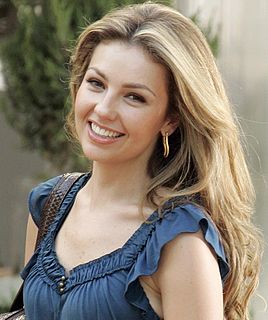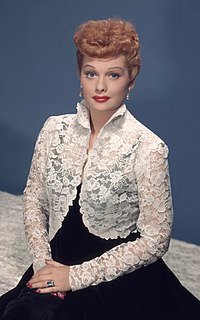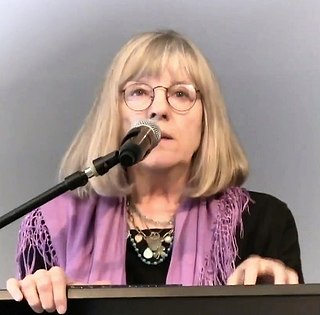A Quote by Mark Twain
The signs of excessive indulgence in this destructive pastime are easily detectable. They are these: A disposition to eat, to drink, to smoke, to meet together convivially, to laugh, to joke, and tell indelicate stories— and mainly, a yearning to paint pictures.
Related Quotes
I have become a giant fan of the testing process, especially with a comedy. I mean, they tell you what's funny. It's almost tailor-made for people who shoot the way we shoot, trying a million different options and versions of things. Because the audience doesn't laugh at a joke, we put in another joke. If they don't laugh at the next joke, we put in another joke. You just keep doing them and you can get the movie to the point where every joke is funny, if you have enough options in the can.
Studies show that the more often families eat together, the less likely kids are to smoke, drink, do drugs, get depressed, develop eating disorders and consider suicide, and the more likely they are to do well in school, delay having sex, eat their vegetables, learn big words and know which fork to use.

